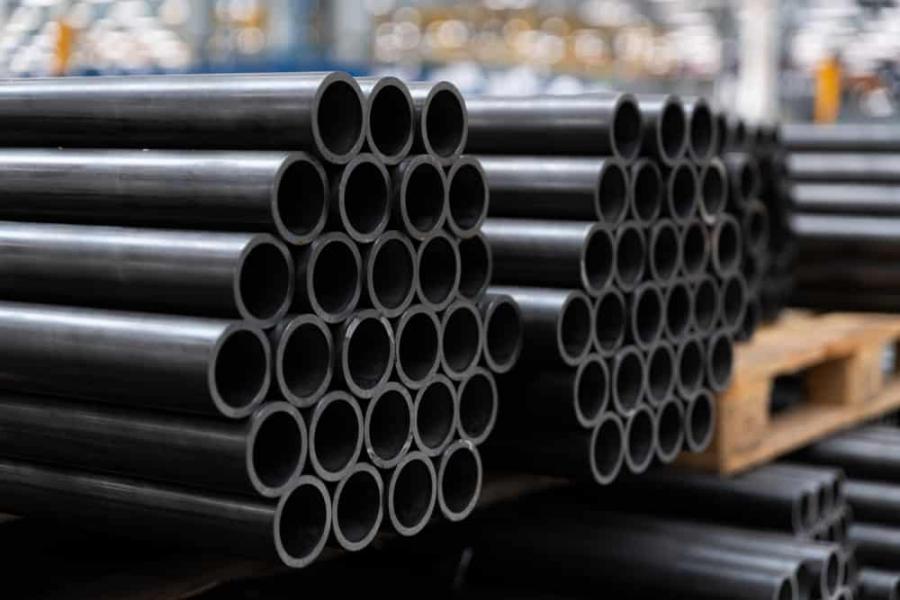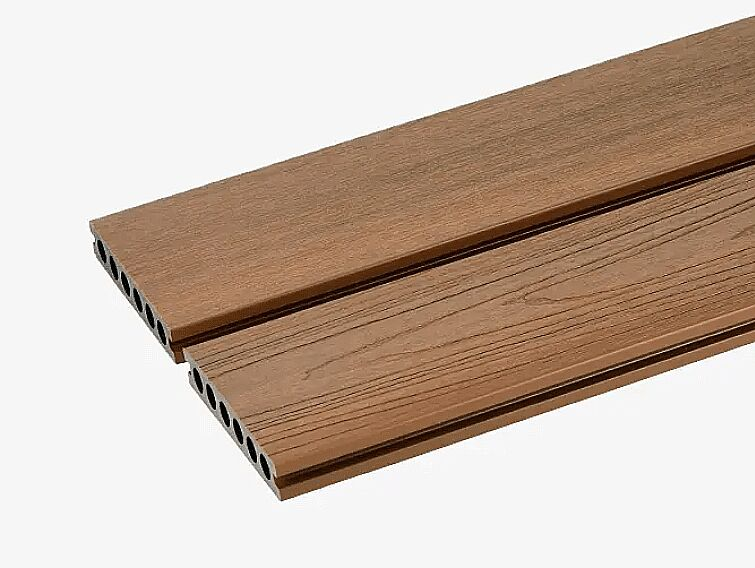When embarking on a construction project, one of the most critical decisions involves selecting the right foundation wall. The foundation is the backbone of any structure, providing stability and support. However, with rising construction costs, many builders and homeowners are increasingly concerned about budget-friendly options. This article delves into the various types of foundation walls, their costs, and the factors influencing these expenses, ultimately answering the question: What is the cheapest foundation wall?
Understanding Foundation Walls
Foundation walls serve as the structural base for buildings, transferring loads from the superstructure to the ground. They can be constructed from various materials, each with its unique advantages and cost implications. The most common types of foundation walls include:
- Concrete Block Walls: These are made from concrete masonry units (CMUs) and are popular due to their durability and ease of installation. They typically cost between $10 to $15 per square foot, depending on local labor rates and material costs.
- Poured Concrete Walls: This method involves pouring concrete into forms, creating a solid wall. Poured concrete is known for its strength and resistance to water infiltration. The cost ranges from $12 to $20 per square foot, influenced by the complexity of the pour and site conditions.
- Stone Foundation Walls: Traditionally used in older homes, stone walls offer aesthetic appeal but can be labor-intensive and costly. Prices can vary widely, from $15 to $30 per square foot, depending on the type of stone and craftsmanship involved.
- Wood Foundation Walls: While less common, wood foundations can be a cost-effective option in certain climates. They are typically less expensive, ranging from $8 to $12 per square foot, but require proper treatment to resist moisture and pests.
Factors Influencing Foundation Wall Costs
When determining the cheapest foundation wall, several factors come into play:
- Material Selection: As outlined above, the choice of material significantly impacts costs. Concrete block and wood foundations tend to be more affordable than stone or poured concrete.
- Labor Costs: Labor expenses can vary based on location and the complexity of the installation. In regions with a high demand for construction, labor costs may inflate the overall price.
- Site Conditions: The condition of the building site can affect foundation costs. Rocky or uneven terrain may require additional excavation or grading, increasing labor and material expenses.
- Building Codes and Regulations: Local building codes may dictate specific requirements for foundation walls, which can influence material choice and installation methods, potentially affecting costs.
- Long-Term Considerations: While initial costs are crucial, it’s essential to consider long-term durability and maintenance. A cheaper foundation wall may lead to higher repair costs down the line if it is not adequately suited for the environment.
The Cheapest Foundation Wall: A Practical Perspective
Considering all factors, the cheapest foundation wall option is often the wood foundation. With costs ranging from $8 to $12 per square foot, wood foundations can be an economical choice, particularly in areas with mild climates. However, it is essential to ensure proper treatment and installation to mitigate risks associated with moisture and pests.
For those looking for a balance between cost and durability, concrete block walls present a viable alternative. They offer a robust structure at a reasonable price point, making them a popular choice for many residential projects.
Conclusion
In conclusion, the quest for the cheapest foundation wall involves a careful evaluation of materials, labor, site conditions, and long-term implications. While wood foundations may present the lowest initial costs, concrete block walls offer a more durable solution without breaking the bank. Ultimately, the best choice will depend on individual project requirements, budget constraints, and local building conditions. By understanding the various options and their associated costs, builders and homeowners can make informed decisions that align with their financial and structural goals.







+ There are no comments
Add yours